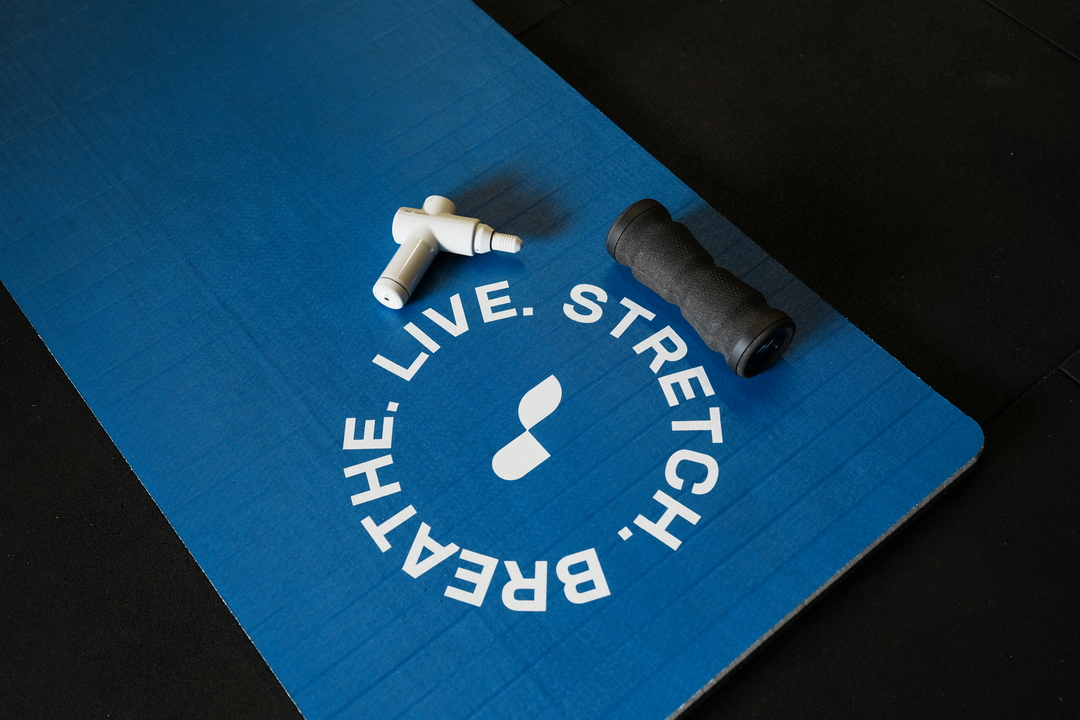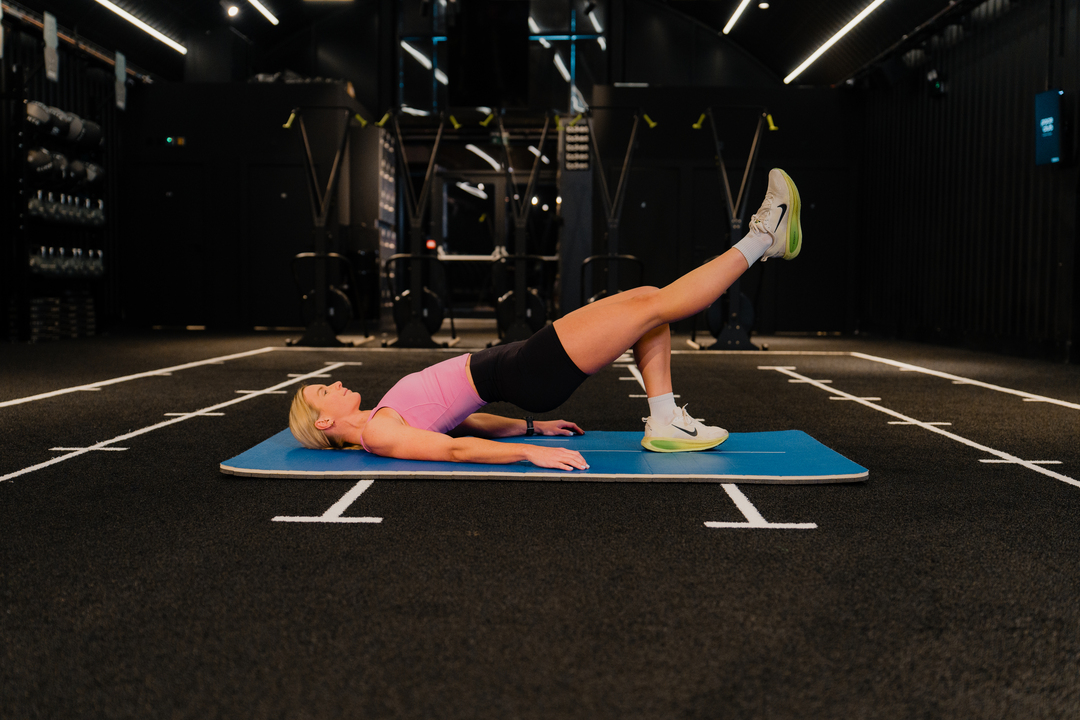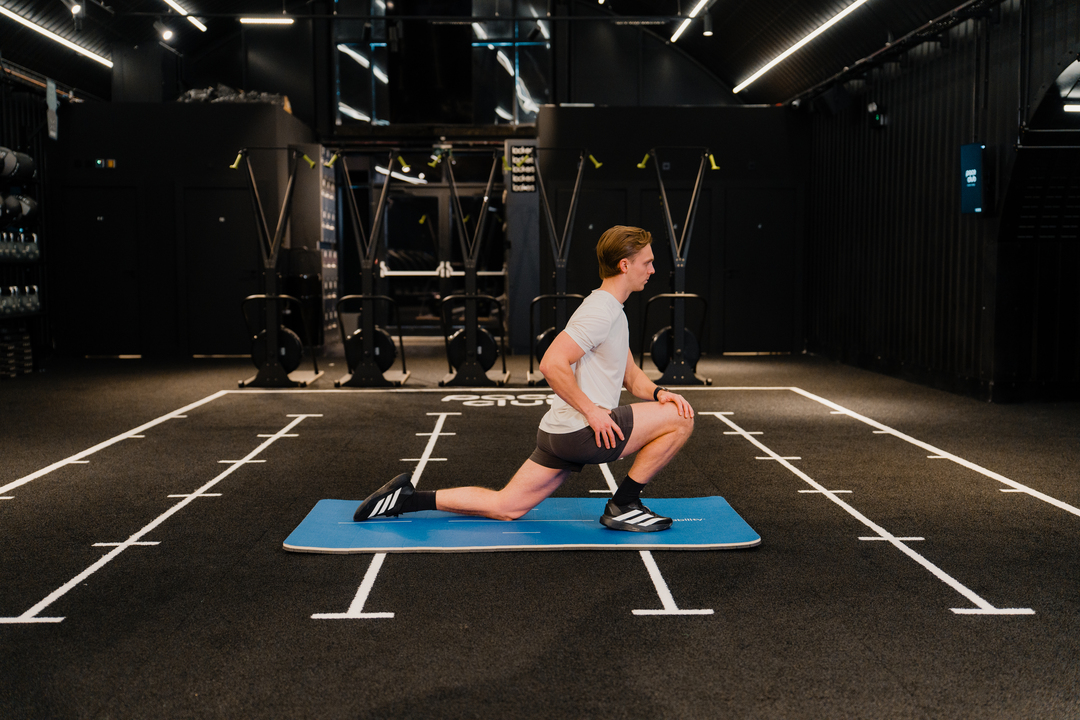Athletes push their bodies to the limit, so they commonly run into obstacles on their journey toward peak performance. If you're an athlete, you know the value of consistency. Whether training for a sport, working to achieve a personal fitness goal, or preparing for an upcoming competition, you want to stay healthy to keep doing what you love. One of the best ways to stay on track is to fuel your body with the proper nutrients to support your training. How to Increase Athleticism? This blog will explain how the best vitamins for athletes can help you recover faster, boost your immune system, and perform at your physical peak.
Pliability's mobility app can help you achieve your goals, like fueling intense training, recovering faster, and consistently performing at your peak with the proper nutrients.
Are Vitamins Good for Athletes?
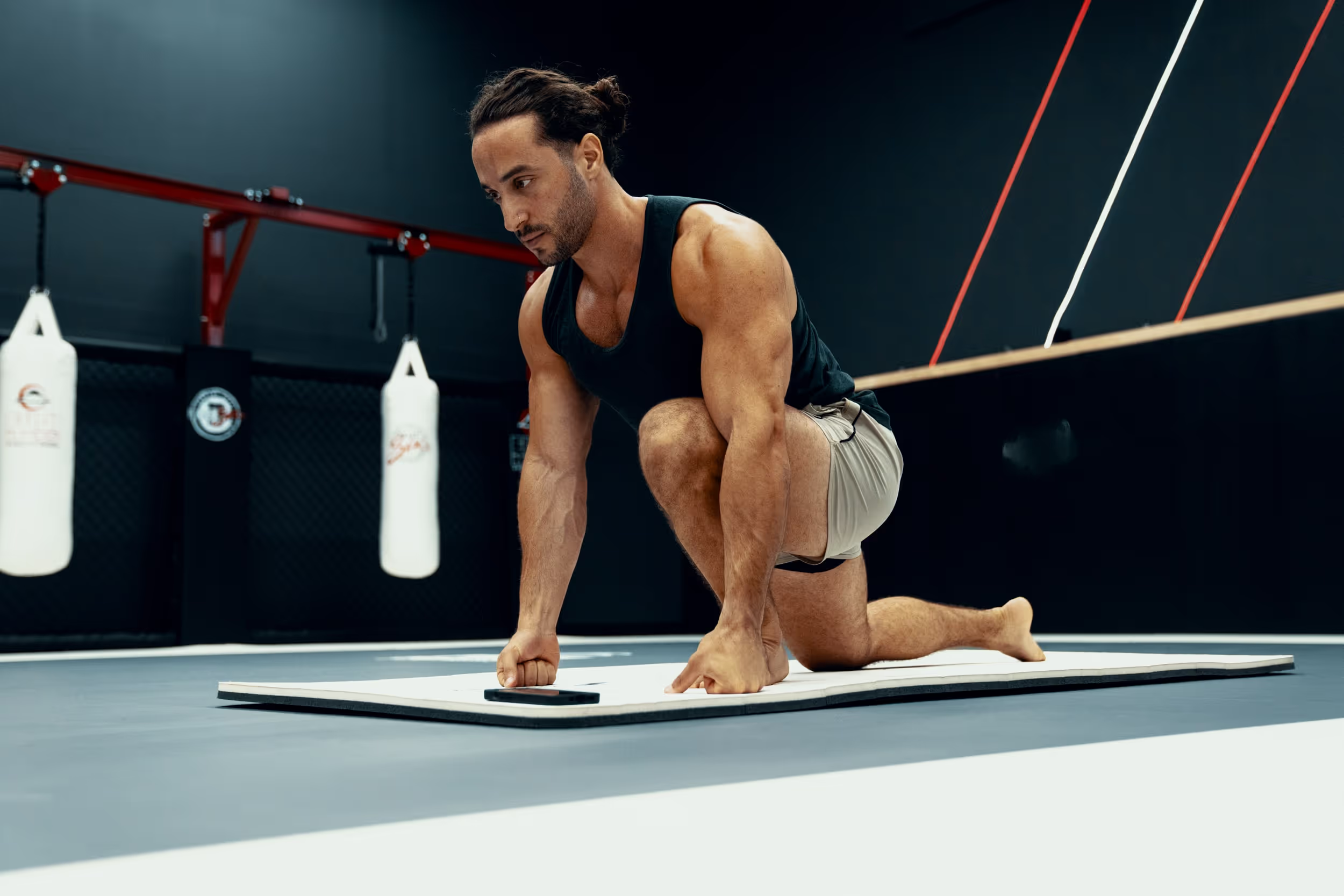
Vitamins are micronutrients that help our bodies function at their healthiest and best. A balanced diet provides the right amount of vitamins.
However, since athletes may use additional energy throughout their days, they sometimes have extra nutritional needs. For some athletes, vitamins may be a good way to help meet those needs, but it’s always best to talk with a healthcare professional before beginning any supplement.
Are Vitamins Helpful for Athletes?
Vitamins are found in the food we eat. For most people (and most athletes), a balanced diet provides enough vitamins for healthy function. But vitamin supplements may help athletes with other conditions that limit their body’s ability to absorb nutrients or have specific nutritional deficiencies. Also, athletes can often make additional demands on their bodies, and vitamins may help meet them.
The exact vitamins needed depend on the athlete, their sport, and their body's needs. Often, a professional such as a dietitian or sports medicine physician can help an athlete decide what vitamins and other nutrients to focus on. However, the Academy of Nutrition and Dietetics suggests some vitamins that may benefit athletes.
Are There Possible Risks of Taking Vitamins if You Are an Athlete?
It’s uncommon, but possible, to encounter side effects while taking vitamins as an athlete. You can take too much of a vitamin. This is called vitamin toxicity, and it can cause a range of symptoms that vary depending on the vitamin, but might include:
- Nausea
- Vomiting
- Diarrhea
- Constipation
- Stomach pain
Some vitamins and specific medications can interact. For instance, vitamin K can change how the blood thinner warfarin works.
It’s important to talk with your doctor about any vitamins you’re considering taking. They can help you make the safest and best choice.
Related Reading
- Benefits of Sports Massage
- How to Improve Athletic Performance
- Sports Performance Analysis
- Athletic Performance Testing
- How Long Does Alcohol Affect Athletic Performance
- How Does Iron Deficiency Affect Athletic Performance?
10 Key Minerals and Best Vitamins for Athletes

1. Vitamin A and Beta-Carotene: Beyond Eye Health
Vitamin A and beta-carotene aren’t just for good vision. They also support muscle growth and recovery, bone health, and testosterone release.
Beta-carotene also has antioxidant properties and can help fight inflammation. Foods high in vitamin A and beta-carotene include sweet potatoes, carrots, and dark leafy greens, while animal sources like liver are high in vitamin A.
2. B-Complex Vitamins: Energy for Athletic Performance
B vitamins play an essential role in maintaining overall health and well-being. They convert carbohydrates, fats, and proteins to energy and produce red blood cells. During exercise, we expend the energy produced, and B vitamins aid in removing excess folic acid for faster muscle repair and recovery.
- B1 (Thiamine): Acts as a coenzyme in the decarboxylation of pyruvate to acetyl-CoA, a key step in producing energy (ATP) in the Krebs cycle.
- B2 (Riboflavin): Part of the coenzymes FAD and FMN, crucial in the electron transport chain, where most of the ATP in the cell is generated.
- B3 (Niacin): A component of the coenzymes NAD and NADP, which are involved in redox reactions essential for energy production and the synthesis of macromolecules.
- B5 (Pantothenic Acid): Forms part of coenzyme A (CoA), essential for synthesizing and oxidizing fatty acids and the Krebs cycle.
- B6 (Pyridoxine): Acts as a coenzyme in the transamination, deamination and decarboxylation of amino acids, essential in protein metabolism.
- B7 (Biotin): Participates as a coenzyme in carboxylases, which are crucial in gluconeogenesis, fatty acid synthesis, and the metabolism of specific amino acids.
- B9 (Folic Acid): This is essential for DNA synthesis and methylation, cell division processes, and the production of new tissue.
- B12 (Cobalamin): Participates in synthesizing nucleic acids and forming red blood cells, besides playing a role in the metabolism of fatty acids and amino acids.
These vitamins are found in a variety of foods. Some people, especially people with specific or restrictive diets, can sometimes benefit from supplements. For example, vitamin B12 is often found in meat. As a result, athletes who follow vegan and vegetarian diets sometimes find B12 supplements helpful. Female athletes are at a higher risk of vitamin B-12, B-6, and niacin deficiencies.
3. Vitamin C: Immune Function and Athletic Performance
Vitamin C is a potent antioxidant that helps support healthy immune function. In addition to helping to combat free radical damage and inflammation caused by exercise, it also plays a role in the formation of collagen, which is necessary for good bone health.
4. Vitamin D: Muscle Function and Athletic Performance
Another essential vitamin for immune support and bone health is vitamin D, which is produced in the body when the skin is exposed to UV rays from sunlight. Vitamin D, a group of fat-soluble secosteroid hormones, has additional roles in the body, including reducing inflammation, glucose metabolism, and neuromuscular function.
As NCBI (National Center for Biotechnology Information) reported, recent studies find that “Increasing vitamin D levels provides multiple musculoskeletal benefits. Increases in muscle protein synthesis, ATP concentration, strength, jump height, jump velocity, jump power, exercise capacity, and physical performance are achieved with increased vitamin D levels.” A lack of vitamin D can lead to weak and brittle bones, skin conditions, anemia, and other health concerns.
Vitamin D is available in many foods, including:
- Eggs
- Cheese
- Milk
- Fish
Sun exposure also helps your body get this vitamin. It’s common for people who live in certain climates or work indoors not to get enough vitamin D. Athletes might need even more because of the additional demands on their bodies. Supplements can help.
5. Vitamin E: Repair for Athletic Recovery
Vitamin E has antioxidant qualities. It helps your cells repair and regrow. It’s needed to build new cells and to maintain muscle function.
Some research suggests that vitamin E, found in nuts, seeds, fruits, and vegetables, can help athletes during the recovery phase following exercise.
6. Vitamin K: Bone Health and Athletic Performance
Vitamin K helps produce proteins necessary for bone health and affects heart health. It is theorized that vitamin K may increase capacity during exercise by increasing cardiac output.
7. Calcium: Bone Health and Muscle Function
Calcium is essential for maintaining bone strength and plays a role in muscle contraction, nervous system function, energy production, hormone function, and more. For athletes, adequate calcium intake helps prevent stress fractures and supports muscle recovery after strenuous activity.
Dairy products like milk, yogurt, and cheese are excellent sources, as are non-dairy options like tofu, kale, and broccoli.
8. Iron: Oxygen Transport for Enhanced Athletic Performance
According to some research, iron deficiency is common in athletes and can affect performance. While it can occur in males, this deficiency is more common in females, especially those in endurance sports. A Swiss review found that the rate of iron deficiency among teenage female athletes was up to 52%.
Additional research found that low iron levels can cause many adverse symptoms in female athletes, including reduced endurance and increased energy consumption. The authors suggested that people could take supplements to reduce these effects, but only if dietary changes could not meet their needs. They also note that people following vegetarian or vegan diets should take extra care to ensure they meet their required daily iron intake, as plant-based iron is less available. A blood test can evaluate the level of iron in your blood. A doctor can let you know if you don’t have enough iron. They can recommend the best iron supplement for you to take.
9. Potassium: Electrolyte for Muscle Function
Potassium is an electrolyte that helps regulate fluid balance, prevent dehydration, maintain healthy blood pressure, and support muscle contractions. It also helps reduce lactic acid and is involved in the breakdown of carbohydrates.
Athletes can lose potassium through sweat and urine, so it is essential to eat potassium-rich foods like bananas, potatoes, avocados, dried fruits, and beans.
10. Magnesium: Muscle Function and Athletic Performance
Magnesium is the electrolyte primarily responsible for moving sugar into your muscles during exercise and eliminating lactic acid. Magnesium also plays a role in flexibility and injury avoidance by loosening tight muscles. Those who experience chronic, painful muscle cramps are most likely magnesium deficient.
Related Reading
- Adaptogen Benefits for Athletes
- Athletic Performance Counseling
- How to Improve Running
- How to Get Faster at Sprinting
- How to Run a Faster Marathon
- How to Increase Stamina for Running
- How to Improve Agility
When should Vitamin Supplementation be used for Sports Performance?
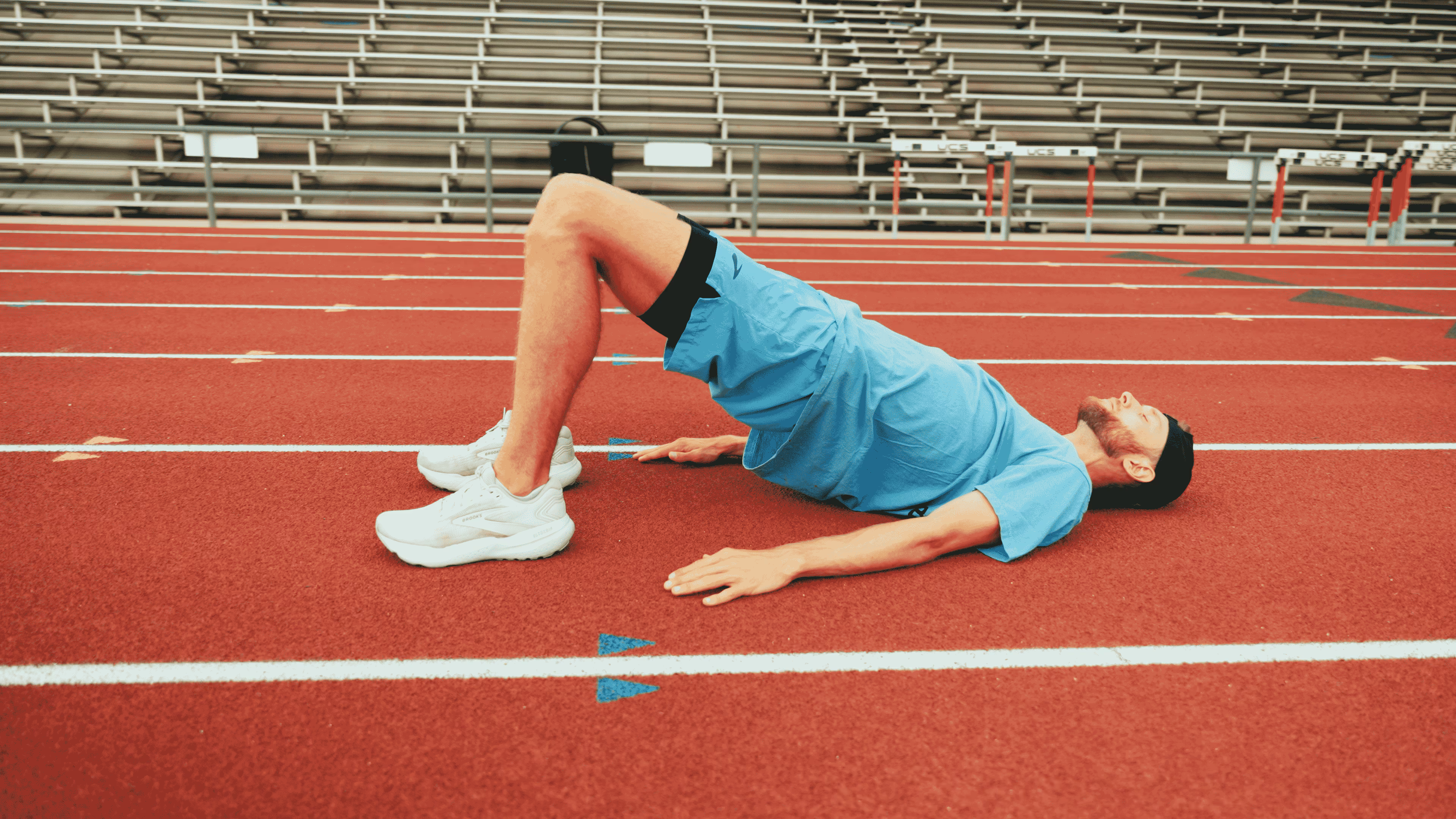
Food should be the primary source of nutrients to optimize athletic performance and recovery. Supplements help fill in gaps when deficiencies exist or specific demands arise. Typical scenarios where supplementation may be appropriate include:
- Diagnosed nutritional deficiencies
- Restrictive or inadequate diets
- High intensity or volume training
- Extreme environmental conditions
- Fatigue and injury prevention
- Competition preparation
- Aging and sports performance
Vitamins Matter for Athletic Performance
Vitamins are fundamental to the body's metabolic processes, acting as cofactors and coenzymes that facilitate and regulate essential chemical reactions. Without these vitamins, the metabolism of nutrients such as:
- Carbohydrates
- Protein
- Fats
- Key processes such as:
- Energy production
- DNA synthesis
- Cellular repair
Individual Needs Vary
Vitamin supplementation for sports performance should be carefully considered, as each individual's needs may vary according to factors such as diet, type of sport, training intensity, and health conditions.
When to Consider Supplementation
Here's when it might be helpful and appropriate to consider vitamin supplementation in the context of sports performance:
- Diagnosed Nutritional Deficiencies: If an athlete has been diagnosed with a specific vitamin deficiency, either through blood tests or by evaluation by a health professional.
- Restrictive or Inadequate Diet: In cases where an athlete's diet is insufficient to meet vitamin needs due to dietary restrictions (e.g., vegetarians or vegans), loss of appetite, or imbalances in food intake.
- High Intensity or Volume Training: During periods of intense training, where oxidative stress and body wear and tear are high, the demands for antioxidant vitamins (such as vitamins C and E) and B complex vitamins may increase.
- Extreme Environmental Conditions: Vitamin needs may increase in extreme weather conditions, such as intense cold or high heat.
- Fatigue and Injury Prevention: To prevent chronic fatigue or injuries related to vitamin deficiencies that affect muscle performance and recovery.
- Competition Preparation: Some athletes may opt for targeted supplementation before major competitions to optimize their vitamin levels.
- Aging and Sports Performance: As people age, some vitamins (such as B12) absorption decreases, and supplementation may be necessary to maintain sports performance.
Vitamin supplementation for sports performance can be beneficial in specific situations such as diagnosed deficiencies, restrictive diets, intense training, or extreme environmental conditions. Supplementation must be personalized and supervised by a professional to avoid excesses and ensure its effectiveness.
Improve Your Flexibility with Our Mobility App Today | Get 7 Days for Free on Any Platform
Pliability offers a fresh take on yoga, tailored for performance-oriented individuals and athletes. Our app features a vast library of high-quality videos designed to:
- Improve flexibility
- Aid recovery
- Reduce pain
- Enhance range of motion
Pliability provides daily-updated custom mobility programs for those interested in optimizing their health and fitness. It also includes a unique body-scanning feature to pinpoint mobility issues. If you're feeling limited by pain or ability to move, Pliability aims to complement your fitness routine and help you move better.
Sign up today for 7 days absolutely for free, on iPhone, iPad, Android, or on our website to improve flexibility, aid recovery, reduce pain, and enhance range of motion with our mobility app.
Related Reading
- How to Improve Sports Performance
- Strength Training for Athletes
- Cross Training for Swimmers
- Cross Training for Runners
- Best Peptides for Athletic Performance
- Breathing Exercises for Athletes
- Goal Setting for Athletes

